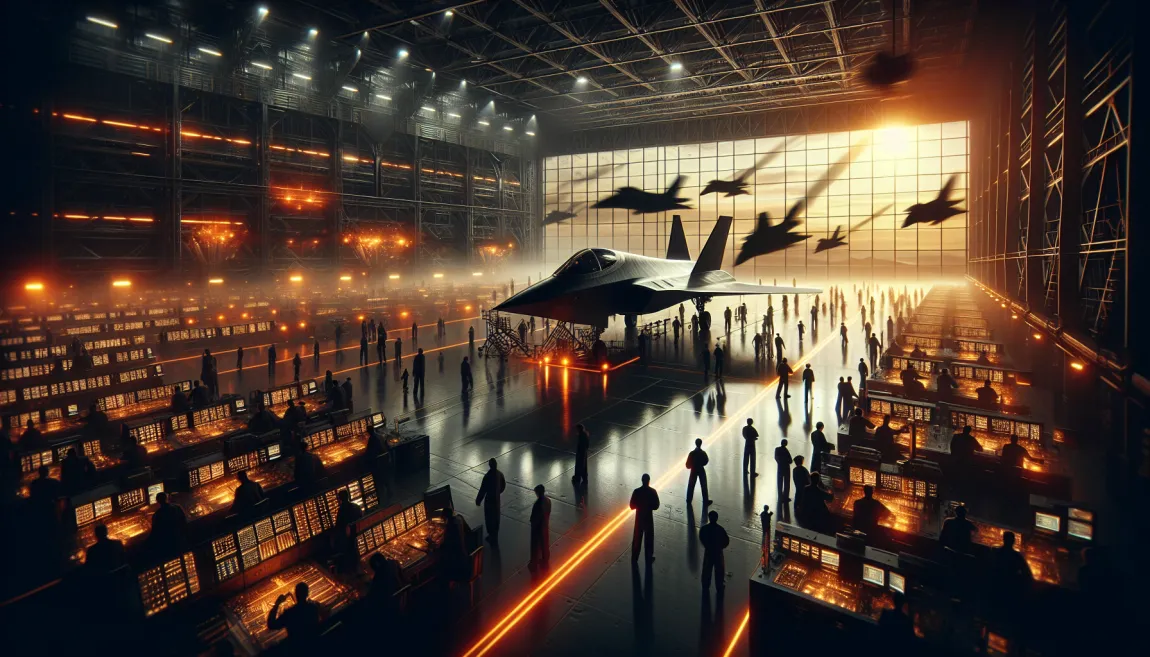The article from Aerospace America addresses a current and critical issue facing Airbus: maintaining its high delivery targets while navigating the complex landscape of international tariffs. Given the dynamics of global trade and the aerospace sector's reliance on cross-border supply chains and markets, this situation offers a rich context for understanding the resilience and adaptability of large multinational corporations in today's unpredictable economic environment.
Firstly, it's crucial to appreciate the role of Airbus as a major player in the aerospace industry, directly competing with other giants such as Boeing. The company's ability to maintain steady delivery targets in the face of potential economic hurdles speaks volumes about its operational strength and strategic planning. The imposition of tariffs can disrupt not only the cost structure but also the supply chain dynamics. This makes Airbus's steadiness an interesting point of study, reflecting on its robust supply chain management and possibly its strategic stockpiling of parts or diversification of supply sources.
Moreover, the article hints at the broader implications of such tariffs which could affect international relations and trade policies. Airbus's situation is a microcosm of larger trade tensions that could lead to shifts in global trade agreements and alliances. This aspect introduces an additional layer of complexity, as aerospace companies are often caught in the crossfire of geopolitical conflicts and are used as leverage in international negotiations.
Another dimension worth discussing is the impact of tariffs on innovation. Aerospace is a sector driven by innovation, with companies like Airbus at the forefront of technological advances. The financial strain imposed by tariffs could potentially curb spending on research and development, slowing down the pace of innovation not only for Airbus but the entire aerospace industry. Conversely, it might also push companies to innovate more in areas like cost reduction techniques and supply chain efficiency, accelerating certain types of innovations.
In conclusion, Airbus's current scenario depicted in the article serves as a case study in economic resilience and strategic flexibility. The company's efforts to sustain high delivery targets amidst economic uncertainties offer valuable lessons for other players in the aerospace sector and beyond. It also opens up discussions on the need for more robust and flexible global trade policies that can withstand such disruptions. Ultimately, it underscores the interconnectedness of global industries and the way they are impacted by international policy decisions. This article, while brief, opens up several avenues for deeper exploration into trade policies, economic resilience, and strategic business planning in a global context.
We curate valuable, actionable content for aerospace industry professionals.
View original article:
https://aerospaceamerica.aiaa.org/airbus-maintains-high-delivery-target-while-assessing-the-impact-of-tariffs/



Leave a Reply